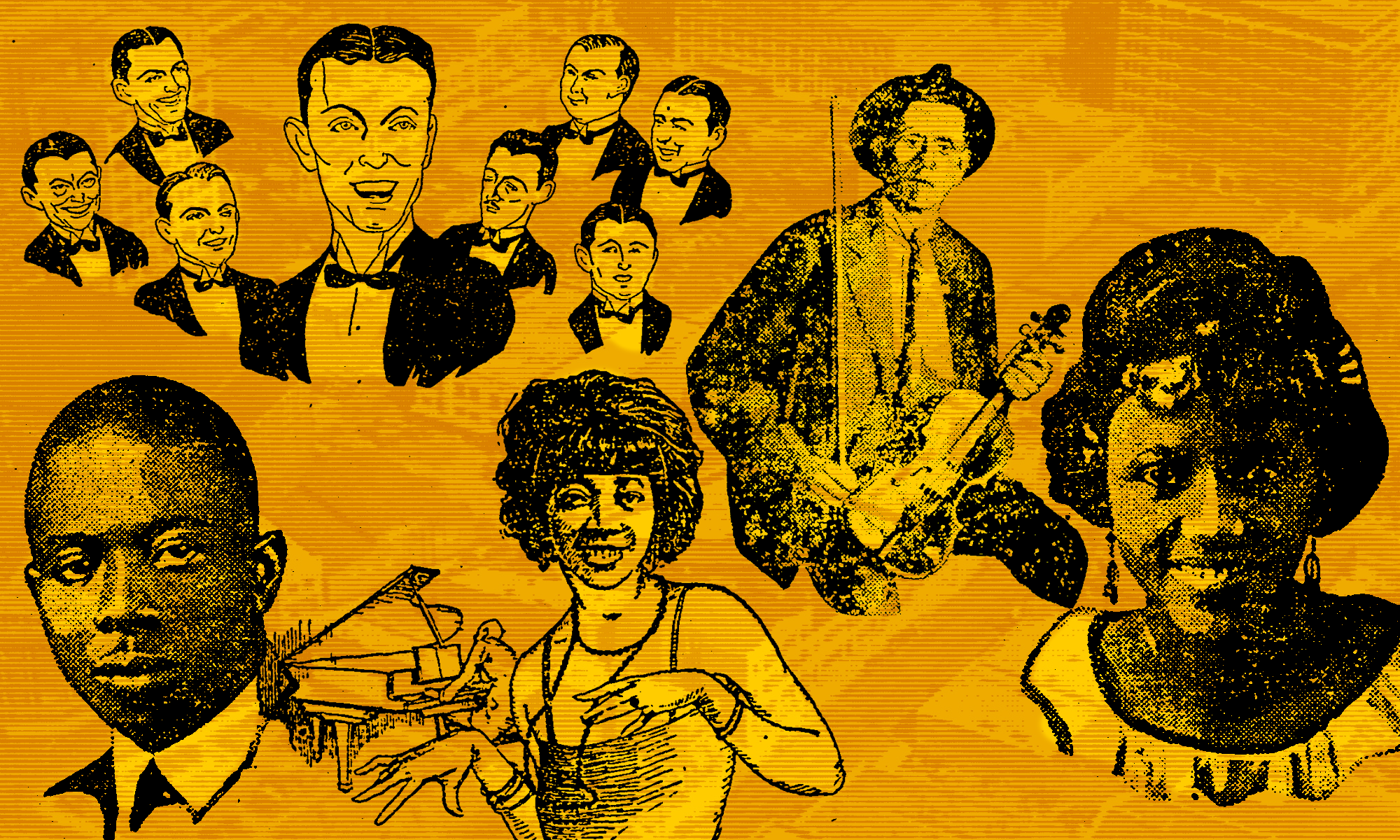Over 9,000 people have signed the online petition to save the historic recording studio building at 152 Nassau Street from demolition! Below the map are a sampling of statements of support.
Ken Burns
Do you know about the Fiddlin’ John situation in Atlanta where they’re going to build a Margaritaville where he recorded his first hit? There’s a fight to save the building, or at least have its history commemorated.
“I’m all for commemoration. I’m all for not tearing things down. Americans, despite how old we are, behave like we’re really young. We’ve lost a lot of beautiful things because we haven’t thought to save things. I’m happy that folks are doing it. I’ve made noise about developments of battlefields and noise about this and noise about that because it’s better to keep these things.”
— Ken Burns, Filmmaker, Florentine Films, interviewed by journalist Robert Moore
Atlanta City Council
“This is one of Atlanta’s most historic sites and a great treasure in our community. While Memphis, Nashville and New Orleans are often considered the front-runners in the early history of music, this site is proof that Atlanta was ground zero for recording and documenting Southern music. We cannot allow this space to go away without some level of debate and consideration.”
— Michael Julian Bond, Post 1 At-Large, Atlanta City Council in conjunction with unanimous resolution opposing demolition
Fox Theatre
“As an entity devoted to historic preservation efforts, the Fox Theatre Institute is deeply saddened and disappointed by news that 152 Nassau Street is being demolished. Our organization remains committed to preservation, and we are all impacted when buildings with so much history are removed from our vibrant city.”
— Leigh Burns, Director, Fox Theatre Institute
Country Music Hall of Fame and Museum
“The recordings that Ralph Peer made in a vacant warehouse on Nassau Street in the 1920s were of tremendous significance. For the first time, a major recording company traveled to the South to capture the sounds of America’s most fertile musical region. This was magic music, and the sessions’ successes, especially with Fiddlin’ John Carson, on June 14, 1923, led Peer to travel to other Southern towns, resulting in the discovery of the Carter Family, Jimmie Rodgers, and many major figures in American music. Atlanta emerged as the primary recording center for genuine country music in the 1920s, and major record companies established studios there. These developments brought recognition to Peer for his cultural contributions, and he ultimately was elected to the Country Music Hall of Fame. As the CEO of a not-for-profit museum devoted to the preservation and interpretation of musical history, it pains me and alarms me to hear that a sacred space so tightly tied to our country’s musical heritage might be demolished in favor of commercial concerns. The Nassau building should be a place for education, appreciation, and reflection, and I urge that it be spared the wrecking ball.”
— Kyle Young, CEO, Country Music Hall of Fame and Museum
Birthplace of Country Music Museum
“The 1923 recordings at the 152 Nassau building in Atlanta are hugely significant in the history of early country music – these recordings marked an important step in Ralph Peer’s career, resulted in noteworthy releases in country, jazz and blues, and highlighted continuing developments in early recording technology. That connection to history is important and one worth preserving. Our museum celebrates a similar story, and there is no doubt that preserving and honoring that history and legacy is valuable to our community and to the visitors who come here to learn more.”
— Rene Rodgers, Head Curator, Birthplace of Country Music Museum


